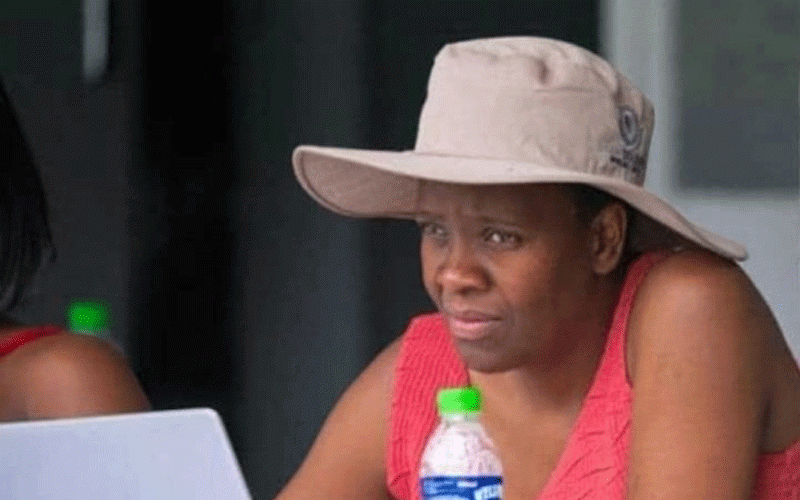
They simply did not know what to do, to such an extent that the best way out of the misery was to throw away the wicket and see if the next guy could cope.
More disheartening was that some of the supposed reliable and better batsmen in the team like Hamilton Masakadza, Brendan Taylor and even Tatenda Taibu did not have answers when confronted by the persistent Windies bowlers.
While the spin bowlers impressed on the tour, the shortage of quality pace bowlers at home to give batsmen practice at domestic level was ruthlessly exposed in the Caribbean.
You have to go back to the days of Heath Streak, Eddo Brandes and Henry Olonga and then later Andy Blignaut, Travis Friend and Brighton Watambwa to find men who could bowl with real firepower at club and provincial level.
Too many outings against the modestly equipped seamers of Bangladesh and Kenya also tend to give the team an illusion about international cricket.
Young Timycen Maruma cannot be considered a batsman at international level despite being sent in at number three to try and push the score when the team was in trouble.
- Chamisa under fire over US$120K donation
- Mavhunga puts DeMbare into Chibuku quarterfinals
- Pension funds bet on Cabora Bassa oilfields
- Councils defy govt fire tender directive
Keep Reading
The sight of him smiling wryly after being beaten by a Kemar Roach express delivery summarised everything. It told the story of how the Zimbabwean batsmen were being exposed to genuine fast bowling after a long time, and in the case of Maruma, probably the first time in his young career.
Zimbabwe’s bowling coach Heath Streak, while admitting that Roach let rip at brutal pace, often gaining movement in the air, said it was something to be expected in international cricket and Zimbabwe ought to have handled him better.
The problem according to Streak is that the current crop of Zimbabwean players, because of limited game time opportunities against the top teams, are not accustomed to facing up to genuine pace.
“It’s just raw pace really. Nothing more,” Streak said upon arrival back home on Wednesday. “We have not been able to face raw pace in the last few months.”
Streak, who took the new ball for Zimbabwe for most of his 65 Tests and 189 ODIs, further buttressed his point.
“When we played Test cricket we were used to facing these kind of bowlers regularly, so it was never an issue. We were used to it.”
Is that another vote for an immediate Test return then, Streaky?
“Look, we need to experience top quality bowlers and in the short-term we will realistically look at getting back to Test cricket. But for now we need to prepare our guys and give them a little bit of exposure at the top level.”
Generally, it was the entire Windies pace attack that devastated Zimbabwe. Seamers Darren Sammy, Ravi Rampaul and Dwayne Bravo all bowled with admirable consistency, getting the ball in the right areas and generating swing.
“I don’t think they did anything special,” said Streak. “They just did the basics right. I don’t thing it was to do with those guys (that Windies won the series). Look, we played badly, just poor shot selection. We allowed them to put us under pressure rather than take the game to them.”
A realistic chance was there to win the series, and Zimbabwe spurned it, Streak added.
“We were obviously pleased to win the Twenty20 and the first ODI. But we didn’t grab the opportunity. We had an opportunity to win the series.”
Enock Muchinjo











